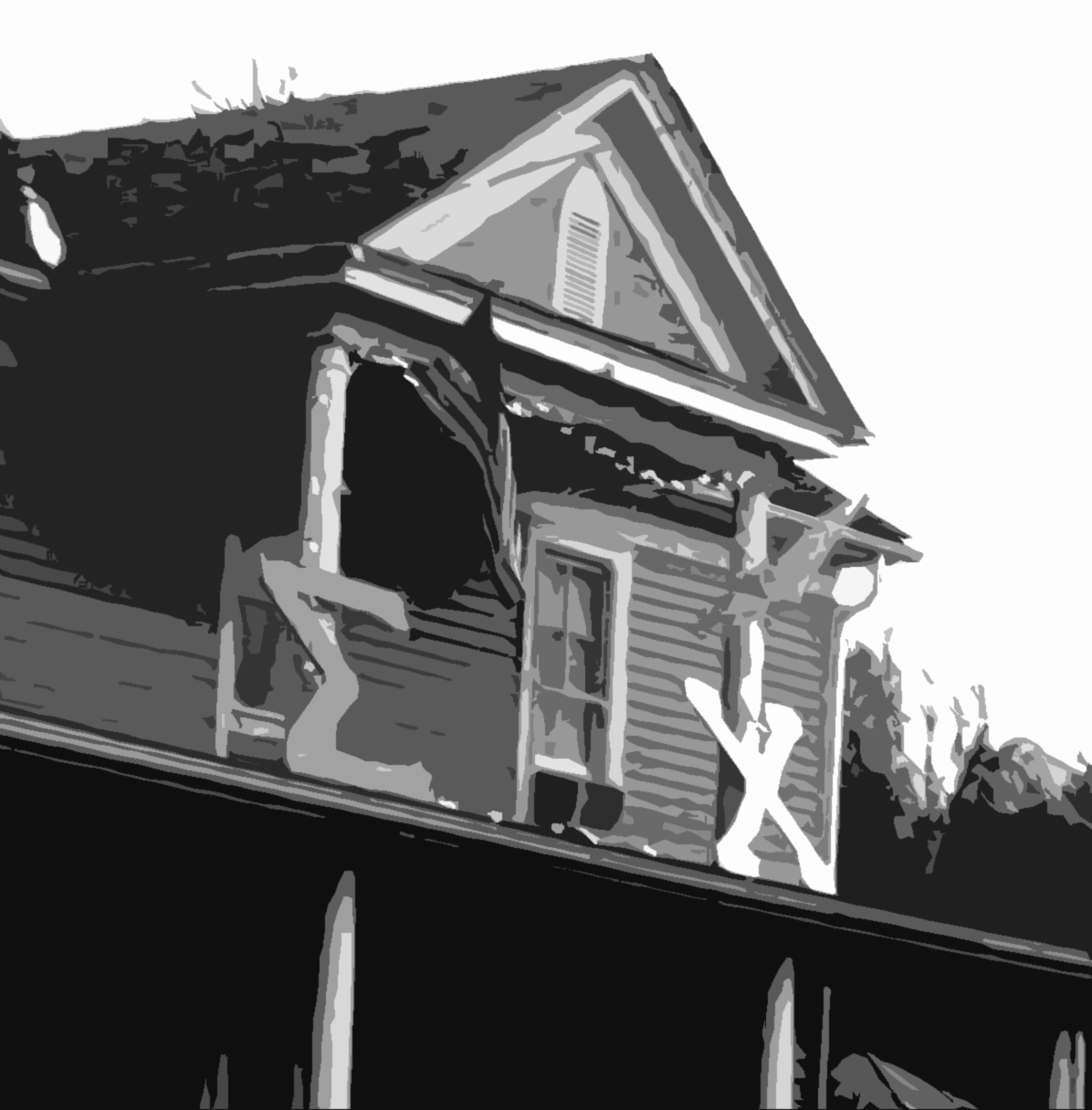
Radford, Virginia ordinances specifically prohibit fraternity and sorority signs on houses, such as these, even though this is a content-specific prior restraint that would probably not pass strict scrutiny review.
Just as the federal government is not allowed to censor specific kinds of speech in most instances, local governments must follow the same rules.
- Lovell v City of Griffin, 1938 — This was an early case that applied the First Amendment to a locality. A Georgia city ordinance said that permission was needed in order for anyone to distribute pamphlets in the city. The Jehovah’s Witnesses brought the case to the US Supreme Court, which said that the city ordinance was overly broad and imposed rules on all printed materials rather than regulating the time, place and manner of distribution.
- In Marsh v. Alabama, (1946), the court held that a person distributing religious literature on the sidewalk of a “company town” was protected by the First Amendment rights of freedom of the press and religion and could not be arrested for trespass.
- Reed v Town of Gilbert, 2015 — is a case in which the the US Supreme Court said that local government ordinances that impose content-based restrictions on signage must survive a strict scrutiny test. That is, they must further a compelling government interest and be narrowly tailored to serve that interest. The case involved religious messages and a town ordinance saying that religious messages would be more strictly controlled than political messages.
- Signs for Jesus v. Town of Pembroke, 230 F. Supp. 3d 49 (DNH 2017), is a case in which a federal appeals court said that a restriction on the placement of all electric signs in Pembroke, NH, was not an unconstitutional denial of first amendment rights. This case involved a flashy sign in a small New Hampshire village.
- Ordinances punishing fraternities and sororities for displaying their fraternity and sorority letters are probably unconstitutional under a strict scrutiny review.
Further reading
Virginia Municipal League: Free Speech Considerations For Local Government (pdf)
